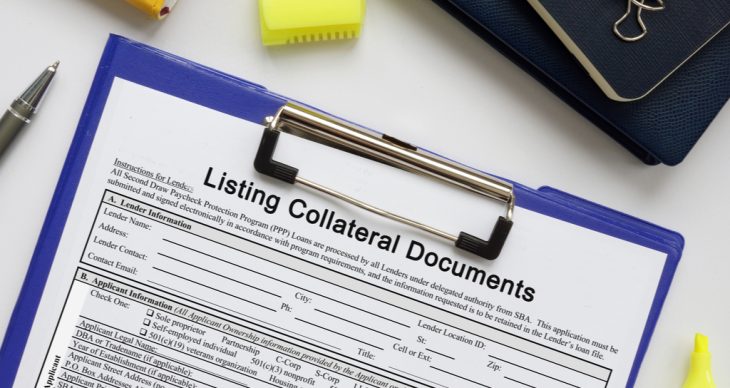Collateral, in the context of secured loans, is a fundamentally simple concept to comprehend. A lender will take certain risks when they are lending any borrower money, and so when they lend the money they will typically require additional security as a condition of doing business with you in this way.
So, the additional security that lenders will request in order to give you a loan is called collateral. Collateral provides the security that lenders are looking for by either fully or partially backing the loan funds, in the event you default on your obligation, or do not make payments on your loan.
Of course, both the borrower and the lender want the loan to be a success! From the initial application and the borrower being accepted for the loan to the final payment made where the borrower has completed paying back the entire payment. Most of the time borrowing a secured loan works out for both the borrower and the lender, but sometimes it simply does not. The borrower’s finances can go awry, or they just cannot make their payments on time and unfortunately, the contract is broken when payments aren’t made.
Ultimately, each lender wants secured loans to extend to full term because then they are paid back to the fullest extent of the contract. So, the longer you make payments on your loan, the more interest and profit the lender makes.
Still, the longer your debt remains outstanding, and the longer it takes you to pay off your loan, the higher the risk is that you might default on a portion of the balance of your loan.
The type of collateral used is usually relevant to the type and purpose of the loan it supports. For example, a home mortgage is a secured loan where the deed for the home is used as collateral. A vehicle loan is a secured loan where the vehicle title serves as collateral.
When a borrower applies for a secured loan to build credit, he or she often does not own a home. In this case the collateral might be expensive jewelry, stocks, bonds or valuable artwork.
Collateral benefits both sides for a few reasons. The lender is guaranteed some form of repayment. In the event of default, the lender takes (or keeps) possession of the item or items used as collateral. This is a risk to borrowers, but benefits apply on their side as well.
The main benefits of secured loans with collateral for borrowers involve lower APRs and better chances of approval.
By Admin –








